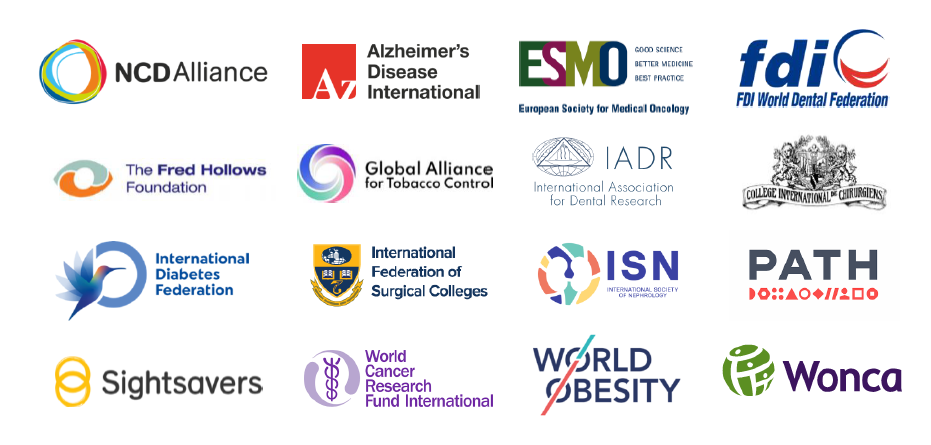WHA76: Constituency Statement on Well-being and health promotion (Agenda Item 16.1)

76th session of the World Health Assembly (WHA76)
Constituency Statement: Agenda Item 16.1 Well-being and health promotion
Distinguished delegates,
We welcome the development of WHO's global framework on well-being, commending the recognition that addressing the main NCD risk factors (including tobacco, alcohol, unhealthy diets, physical inactivity and air pollution), and their root causes, is a foundation of well-being, and that health promotion is an essential public health function and Universal Health Coverage element.
We applaud:
• The call for a well-being economy, where the economic value of planetary health, equity and human well-being is recognized, disincentivizing the production and consumption of harmful products;
• The call for a just energy transition, and the need for climate change action, protecting communities that are most at risk (including Small Island Developing States);
• The new references to the role that good governance, social protection and pro-health fiscal policies have in fostering health promotion.
We urge Member states to:
• Adopt the framework requesting that the new language on engaging private sector is accompanied with mention of mechanisms to safeguard well-being policies from conflicts of interest;
• Recognize the importance of involving people living with NCDs (including with eye and oral diseases) and all health professionals in the planning and development of well-being policies, as health promotion is relevant throughout the continuum of care;
• Measure and leverage the co-benefits of health promotion efforts for other sectors, to promote multisectoral solutions;
• Consider this framework in your engagements in broader UN processes like the SDG Summit as there are currently no SDG indicators measuring well-being.
We urge WHO to:
• Specify that economic investments should be made in sectors aligned with public health goals, protecting public procurement and partnerships from vested interests;
• Provide guidance on how to measure the impact of NCD and other health programmes on social and individual well-being;
• Specify intervention examples for meaningful participation, and provide real-world examples of well-being policies;
• Ensure the well-being framework and operational framework on social determinants complement each other.
Thank you.
Led by: NCD Alliance.
Supported by:
Alzheimer’s Disease International, European Society for Medical Oncology
FDI World Dental Federation
The Fred Hollows Foundation
Global Alliance for Tobacco Control (formerly, the Framework Convention Alliance)
International Association for Dental Research
International College of Surgeons, International Diabetes Federation
International Federation of Surgical Colleges
International Society of Nephrology, PATH
The Royal Commonwealth Society for the Blind (Sightsavers)
World Cancer Research Fund International
World Obesity Federation,
World Organization of Family Doctors.